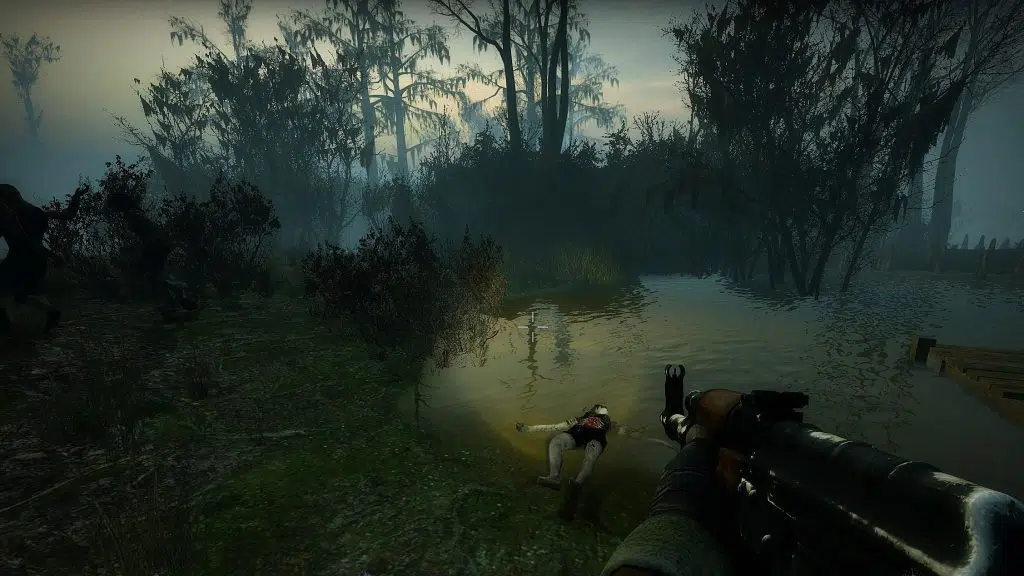
Make a game (not) a good one is a series of obiter dictum that discusses the good or bad in video games. Mind you, whilst some call this one ‘realism’, I prefer ‘authenticity’. But let’s not just leave it there, shall we go Dirt?
Who plays video games and has never heard of this ‘arcade vs. sim’ debate? I guess somebody should call those people an ambulance. To give each counterpart an adjective so the subject is better understood, we’ll go with ‘sim’ = realistic, ‘arcade’ = linearised.
Person X is calling Dirt: Rally a ‘sim’. Person Y calls it an ‘arcade’. They’re both right, I’m sorry, they are. Unfortunately, in a world that can’t do without numbers, statistics, and categorisation, we’re not far from a point where person X calls person Y an idiot, not forgetting to support his insult with some pseudo-Newtonian elaborate. And off we go, into endless, boring plains of sheer pointlessness, overlooked by a wildly colourful rainbow of stupidity.

Which games are thought to be what is completely irrelevant when looking at good or bad. It’s how ‘realism’ is delivered and what it means for actual gameplay, that’s what matters. Only once I have finally accepted this, I found that the word ‘realism’ doesn’t even belong into the same paragraph as the words ‘video games’. Reviews or recommendations that do that are nothing but drivel.
‘Dirt: Rally is an excellent driving game because it’s realistic,’ is pure hogwash. Yes, it delivers a fantastically authentic experience of participating in rally, both on track and off. It captures the physics, it captures the spirit. But that’s not why is it a good game. Being authentic is merely a cherry on top the cake made exclusively from video game material. It challenges and engages the player in a fashion that only video games do, and keeps them glued using this authenticity trick. In my eyes, Dirt: Rally is just about as ‘realistic’ as Shadow of Mordor.
So why does authenticity matter? Well, it doesn’t. To games. Similarly to grind, or meaningful choices, it does to people. It is an irreplacable component in forming their opinions of games, being able to pass the message on. In knowing why is this or that game good or rubbish. Because one can’t ever tell me that this game will knock my socks off without telling me why.

Only then can there be a discussion and, provided cookie salesmen like Ubisoft with their radio towers, map icons, and bullet sponges won’t come around, even progress towards better games. Games that give players meaningful choices, that aren’t threadmill nightmares, that understand the use of authenticity in their awesome virtual worlds. Incidentally, do you know what ‘virtual’ means? It means ‘almost‘. Comments section is right down there, and I’ll be catching you later!









